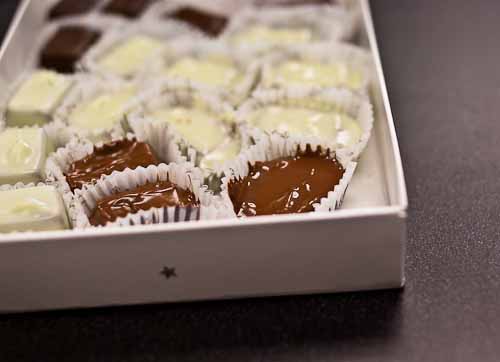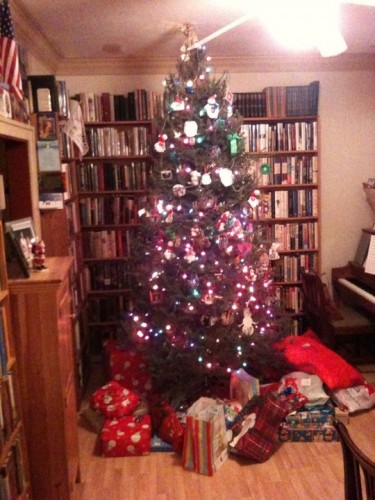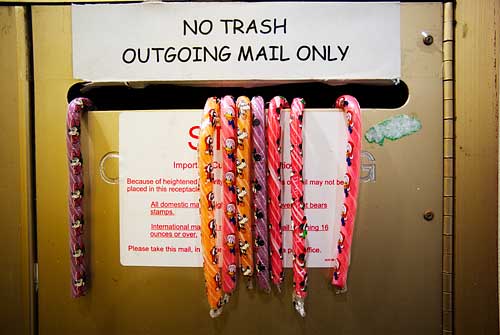2010 has been an unusually exciting year. The political world experienced an earthquake. I got play a very small part in it, and I am glad I did. Perhaps this earthquake will do nothing except break some windows. Or maybe it well set the whole course of our history in a new direction. Too early to say. Thanks be to God, we do have elections here in the good old USA, and they are not merely window dressing. It is easy to be cynical, but it is still true that our fate resides in our own hands to a far greater degree than most people in most places and times could have claimed. I will offer the opinion that the creative powers of the American people, and people throughout the world, have barely been tapped, and that our greatest days lie ahead of us. Fingers crossed.
It was a year of many good posts on this blog, from our brilliant and eclectic mix of contributors. What exactly joins us is not perfectly clear, but I think it is a general agreement on principles of political and economic freedom, and a love for the fruits of that freedom, including good books, for history and its lessons and pleasures, for forceful but civil disagreement and debate, for clear thinking and facts and evidence, for music and food and liquor, and for the excitement and energy which a free and enterprising people enjoy.
As the years go by I find that I am increasingly pleased and proud to be associated with this blog. I told Jonathan some months ago that it occurred to me that even if I did not post on it, ChicagoBoyz would be one of my favorite blogs. Life is full of good fortune, and this is just one example.
Onward to a new decade, a new year, and what promises to be an interesting and possibly momentous time in our history. We will have much to write about and argue about in 2011.
Godspeed and dread nought!
Forward the Anglosphere!
God bless America!
Happy New Year!


